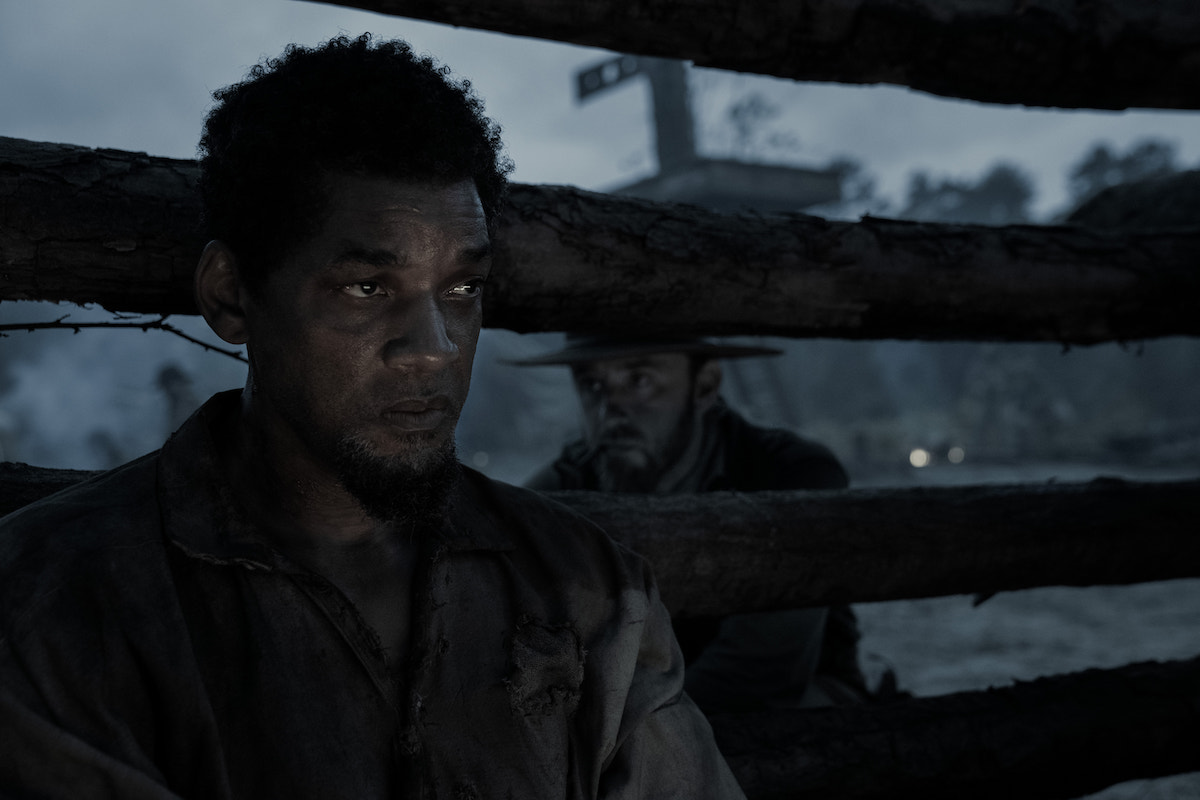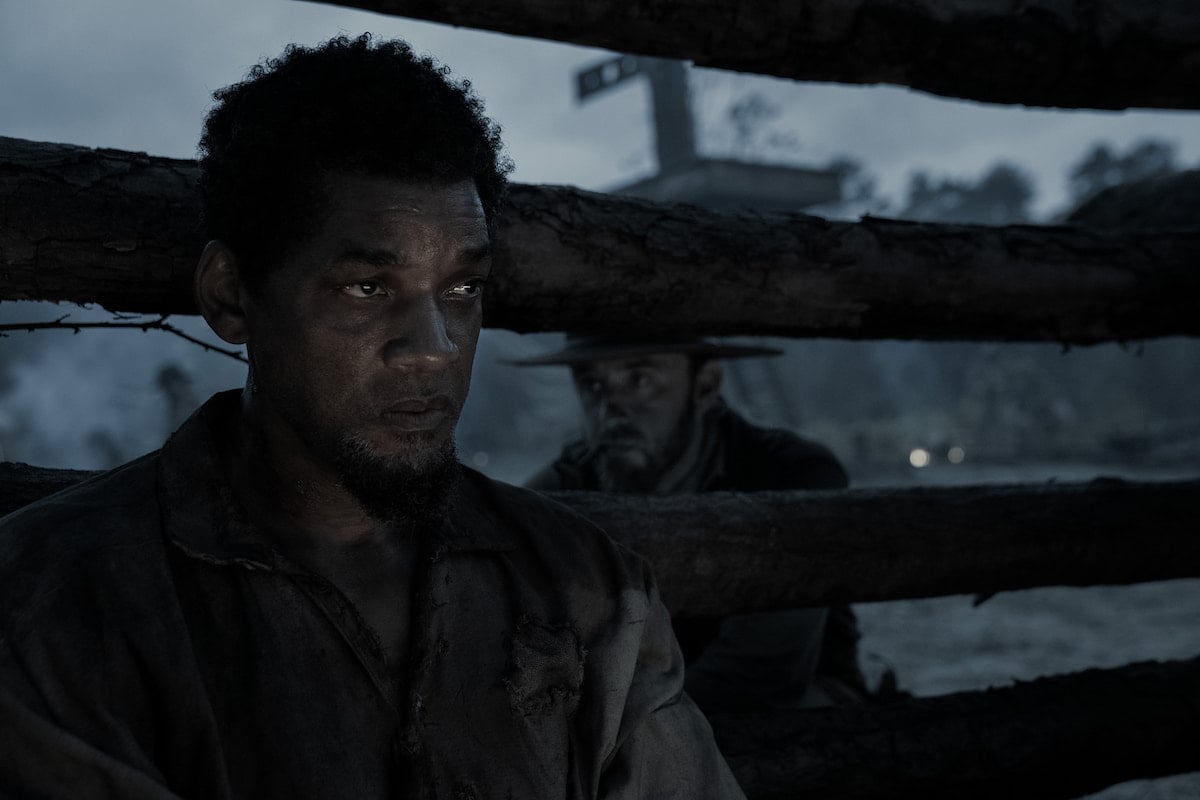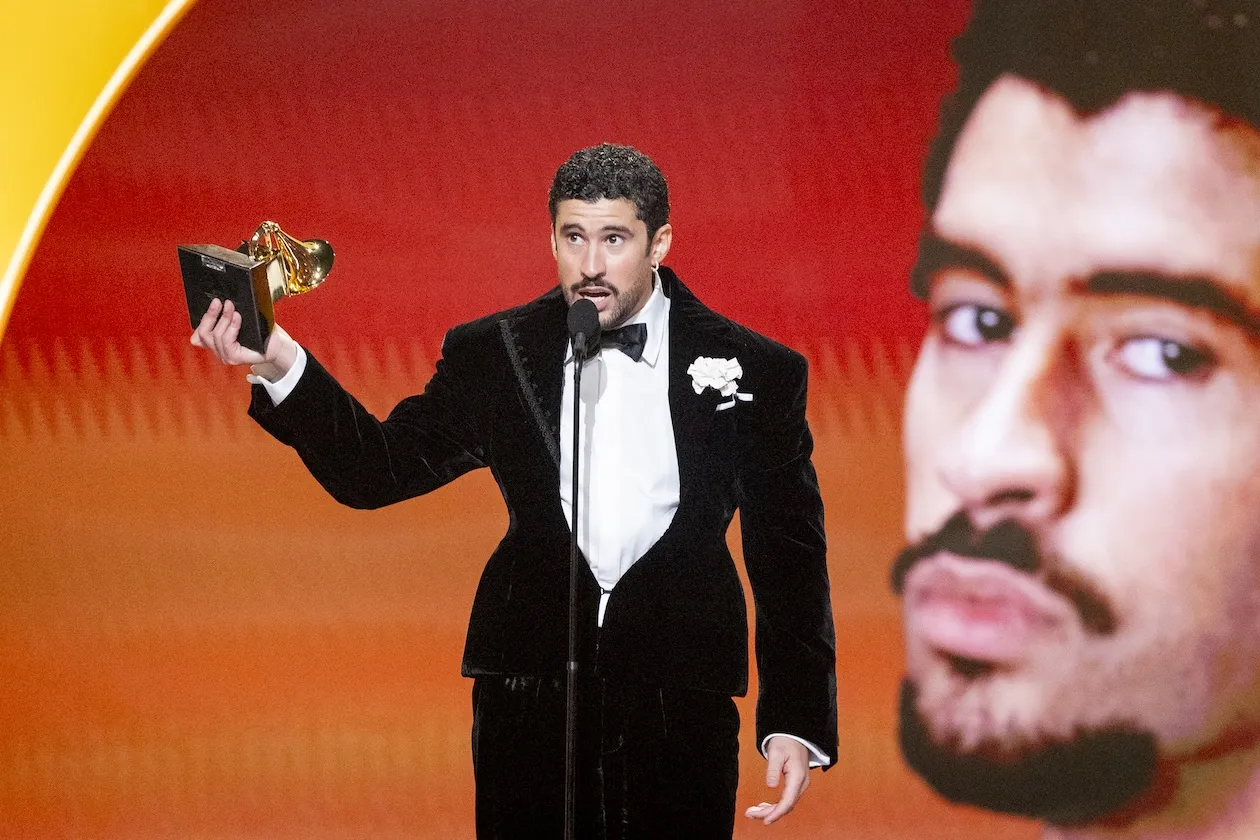
‘Emancipation’: Why Will Smith ‘Avoided Slavery’ Throughout His Acting Career Until Antoine Fuqua’s Action Thriller
Acclaimed director Antoine Fuqua’s Emancipation with Will Smith might appear to be a story that has been told many times, but it is not. Starring Smith, whose Oscars slap resulted in a 10-year ban from the Academy Awards, Fuqua’s film shows slavery through a different, more powerful lens. And though Smith says he avoided slavery-focused projects throughout his career, the director’s vision made the actor change his mind.
Will Smith says filming ‘Emancipation’ was ‘grueling’

The story that unfolds in Emancipation is that of a real-life escaped enslaved man, Gordon. The film is based on a historical photo taken of Gordon (known historically as “Whipped Peter”) in 1863, sitting with his back to the camera, his scars revealing the horrors of slavery. The photo (available via the Library of Congress) was taken in Baton Rouge just months after the Emancipation Proclamation and Gordon’s harrowing escape from the South.
“During a medical examination, Gordon told officers he decided to escape after surviving a brutal whipping that left him near death and in a coma for two months,” the BBC reports. “After 10 days of being chased through the Louisiana swamps and bayous by bloodhounds and slave catchers, Gordon finally made it to the Union encampment and freedom.”
He arrived barely able to walk, nearly starved to death, and dressed in rags. Yet Gordon immediately wanted to enlist in the Union Army.
Smith says reliving Gordon’s trials for Emancipation was some of the most “grueling” acting he has ever done. BET calls it some of the “most ambitious physical work ever captured on film.”
Antoine Fuqua’s vision drew Will Smith to the project
Although Smith had purposely skirted slavery-focused projects in his career, the actor says Fuqua’s vision drew him to the film. Smith tells Complex he had avoided making films about slavery because he didn’t want to depict “Black folks in that light.”
But the actor adds that Fuqua’s Emancipation is different. “You experience the brutality,” Smith says, “but you get to the end of this film and feel the power of the spirits of our ancestors.”
That empowerment was Fuqua’s focus. Speaking with Vanity Fair, the director discusses why Emancipation’s story was so important to him and why he believes it is critical for younger generations to remember the “brutality that human beings are willing to go through for money, for greed.”
As Fuqua points out, slavery was primarily about industry — a tentpole of society throughout time. “We were kings and queens in Africa but also slaves … Rome had slaves. America had slaves. Spain had slaves,” the director says. And many of the issues that slavery wrought and was born from remain.
Antoine Fuqua made bold, purposeful choices when filming ‘Emancipation’
Fuqua made bold creative choices to set Emancipation apart from other films in the genre. He tells BET he filmed mostly in black-and-white to “drain the color out of the Confederacy” and focus on the brutality and degradation humans inflicted upon other humans.
But Fuqua also draws on the idea of silent films throughout Emancipation, leaving Smith’s incredible portrayal of “Whipped Peter” to the actor’s body language and physicality.
The result is what BET calls “a cinematic achievement.” Brutal and beautiful, Fuqua’s Emancipation is about where we have come from, where we are, and the hope that lies ahead.


